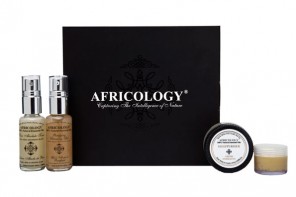If you’re a vegetarian practice a vegan diet and this lifestyle choice is important to you, are you a bit of a disadvantage if you want to conceive a baby? Or, could this diet actually boost your fertility?
Get Your Body Prepared
Whether you’re eating a diet that contains animal products or not, your body requires essential nutrients to ensure a healthy baby and prevent any complications during your pregnancy. Start taking a pre-natal supplement before you fall pregnant which can help to reduce any nutrient deficiencies from a vegan diet. Speak to your doctor about this as certain nutrients, such as iron and folic acid, are essential for pregnancy.
Eating for Two
Increase the amount of food you eat on a daily basis, but make sure it’s healthy! Focus on foods rich in calcium, vitamin B12, Vitamin D, Omega3 and Zinc. Focus on whole grains, legumes, nuts and seeds, as well as lots of fresh fruits and vegetables.
What about Protein?
Protein is essential when you’re trying to conceive as it is made up of amino acids or the ‘building blocks’ of the body. These help to ensure your baby’s healthy development. But don’t despair – if you are on a vegan diet and don’t consume meat or any animal products, you can still achieve protein from other sources. These include beans, tofu and yogurt, for instance. Aim for three or four servings of protein a day, which can easily be achieved by adding a bit of protein to every meal.
Does being Vegan Boost Fertility?
There are many benefits of vegan lifestyles which can also positively impact your chances of falling pregnant. According to a 2007 Nurses’ Health Study, women who gain more protein from vegetables than meat have a lower rate of infertility caused by ovulatory problems than women who consume more meat. Ovulatory infertility can be attributed to 25 per cent of infertility cases.
Added to this, vegetarians often weigh less than meat eaters, and being overweight has been said to decrease one’s chance of fertility. This is because extra weight can lead to fertility-related problems, such as experiencing irregular periods. The production of oestrogen from fat cells can also affect the ovaries.
Animal protein might be seen as the holy grail of meeting one’s protein requirements, but it is often higher in saturated fats which can increase one’s insulin resistance, decreasing fertility, says Jorge Chavarro, author of The Fertility Diet (McGraw-Hill).
Image here










